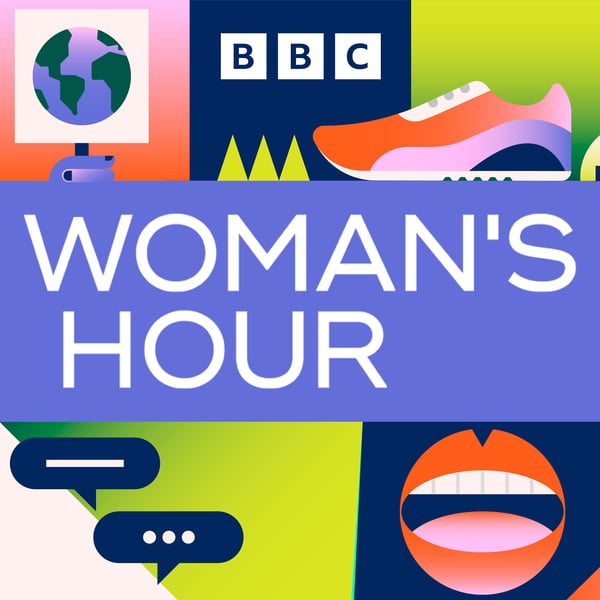The Partition of India in 1947 and its impact on Women
Woman's Hour
BBC
4.2 • 2.9K Ratings
🗓️ 12 August 2022
⏱️ 51 minutes
🧾️ Download transcript
Summary
It’s been described as one of the most seismic events of the 20th century, but how did the Partition of the former imperial domain of British India into two countries, India and Pakistan, affect women? The split led to violence, disruption and death with women facing kidnapping, rape and forced suicide. It was a time of huge destruction and disruption but it was also a time of courage, compassion and survival of the women who overcame trauma to somehow rebuild their lives. We hear from Shruti Kapila, professor of Indian History at Cambridge University and Ritu Menon, feminist publisher and writer, and author of Borders & Boundaries: Women in India’s Partition, as they discuss the stories of women at this time.
Marvel, famous for its superhero comics, series and films has bought the story of Partition alive on screen in the new hit series Ms Marvel which features a Muslim female superhero for the first time. But is entertainment a good way to bring historical events to a new audience and generation? We hear from Fatima Asghar one of the writers responsible for an episode in the series dedicated to Partition. She explains how her own family story has influenced her writing.
The poet and musician Amrit Kaur uses her love of music to help raise awareness of the women whose lives were affected by Partition. She started learning the Indian classical instrument at the age of 13 and since then has travelled the world using music to share the struggles of women through her music, which also includes the use of Punjabi folk songs. She performs a Punjabi poem written by Amrita Pritam.
How are the events of the 1947 Partition remembered and understood by the younger generations? How does this type of trauma affect generations to come? We speak to three young women Unzela Khan, Dr Binita Kane and Amrit Kaur to talk about how the events of 1947 have shaped their lives and how it's contributed to who they are today.
Presenter: Anita Rani Producer: Rabeka Nurmahomed
Transcript
Click on a timestamp to play from that location
| 0:00.0 | BBC Sounds Music Radio Podcasts |
| 0:05.2 | Hello, I'm Anita Rani and welcome to Woman's Hour from BBC Radio 4. |
| 0:10.5 | Good morning, welcome to a very special Friday's Woman's Hour. |
| 0:14.8 | Today, we're commemorating the 75th anniversary of the partition of India, one of the most |
| 0:20.3 | seismic events of the 20th century. |
| 0:23.3 | In August 1947, independence was finally granted to India, ending 200 years of British rule. |
| 0:30.2 | It was also the moment a line was drawn that partitioned the country into two, India |
| 0:35.5 | and eastern West Pakistan that later became Bangladesh. |
| 0:39.1 | It was the largest mass migration movement of the time. |
| 0:42.2 | 15 million people became refugees in their own land overnight, the land they lived on |
| 0:47.5 | for generations and up to a million people lost their lives. |
| 0:51.2 | The trauma of partition was the violence that surrounded it. |
| 0:55.2 | But the experience of what women went through is rarely spoken about and what better place |
| 0:59.8 | to do that than here. |
| 1:01.8 | So we're dedicating the whole of Woman's Hour today to hearing her story, the forgotten |
| 1:07.2 | women of partition. |
| 1:09.6 | Thousands of families in the UK, including my own, were directly impacted by this huge |
| 1:13.6 | moment in not only South Asian history but crucially British history. |
| 1:18.2 | And yet there seems to have been a conspiracy of silence surrounding it from both the people |
| 1:22.4 | who went through the traumatic event and wider general discussions around colonialism. |
| 1:27.4 | It's rarely spoken about. |
| 1:28.9 | However, it seems that since the 70th anniversary, five years ago, questions have started |
... |
Please login to see the full transcript.
Disclaimer: The podcast and artwork embedded on this page are from BBC, and are the property of its owner and not affiliated with or endorsed by Tapesearch.
Generated transcripts are the property of BBC and are distributed freely under the Fair Use doctrine. Transcripts generated by Tapesearch are not guaranteed to be accurate.
Copyright © Tapesearch 2025.

